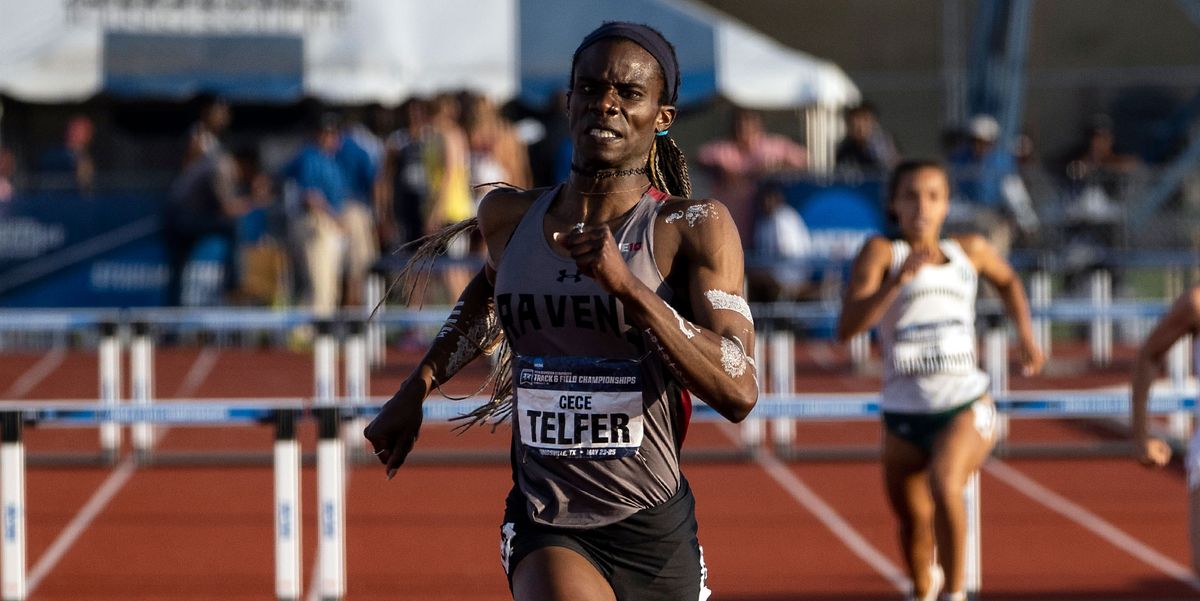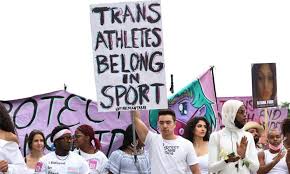No Biological Males in Female Sports in Trinidad and Tobago
Sports has always been an essential aspect of society, with millions of people around the world participating in various athletic activities. In recent years, there has been a growing debate about the participation of biological males in female sports, with many arguing that it is unfair and undermines the integrity of women's competitions.
In this article, we will explore the reasons why this ban is necessary and why it is crucial to preserve the integrity of female sports in Trinidad and Tobago.
First and foremost, it is essential to acknowledge that there are biological differences between males and females that can impact athletic performance. Men, on average, have more significant muscle mass, higher levels of testosterone, and a larger lung capacity than women. These differences give men a biological advantage over women in sports that require physical strength and endurance, such as weightlifting, track and field, and mixed martial arts. Allowing biological males to compete in female sports, therefore, puts female athletes at a disadvantage, and this is unfair.
protecting the rights of female athletes
Furthermore, the inclusion of biological males in female sports can lead to safety concerns. The physical differences between males and females mean that allowing males to compete in female sports can pose a risk of injury to female athletes. For example, in combat sports such as boxing, martial arts, or wrestling, a biological male competing against a female opponent can cause severe injury to the female athlete due to the difference in strength and power. This puts female athletes at a higher risk of injury and is a significant concern for their safety.

Moreover, the inclusion of biological males in female sports can discourage female participation. Many female athletes may feel discouraged from participating in sports if they know they are competing against biological males, as it may seem like an insurmountable challenge to compete at the same level. This discouragement can lead to fewer female athletes, ultimately weakening the competitiveness and quality of female sports.
Finally, it is crucial to protect the integrity of female sports. The primary goal of any athletic competition is to provide a level playing field for all participants, ensuring that the best athlete wins. Allowing biological males to compete in female sports undermines this principle, as it creates an uneven playing field that favors males over females. This inequality can erode the credibility and legitimacy of female sports, leading to a loss of interest from the public and reduced opportunities for female athletes.
- Biological males have a significant physical advantage over biological females. This is due to the fact that males have higher levels of testosterone, which leads to increased muscle mass and strength. This advantage can be seen in a number of sports, including track and field, swimming, and weightlifting..
- Allowing biological males to compete in female sports can undermine the integrity of women's sports. When biological males are allowed to compete against biological females, it can lead to situations where biological females are denied medals or even prevented from qualifying for events. This can have a negative impact on the morale of female athletes and can discourage them from participating in sports..
- Allowing biological males to compete in female sports can be harmful to the health of female athletes. When biological males compete against biological females, they are at an increased risk of injury. This is because biological males have more muscle mass and strength, which can lead to them being more forceful in their movements. This can put female athletes at risk of serious injuries, such as concussions and broken bones..

These reasons include the fact that biological males have a significant physical advantage over biological females, allowing biological males to compete in female sports can undermine the integrity of women's sports, and allowing biological males to compete in female sports can be harmful to the health of female athletes.
In conclusion, the inclusion of biological males in female sports is unfair, poses safety concerns, discourages female participation, and undermines the integrity of female sports. As such, a ban on biological males competing in female sports in Trinidad and Tobago is necessary to preserve the fairness and safety of female sports and ensure that female athletes have equal opportunities to excel in their chosen athletic pursuits.







